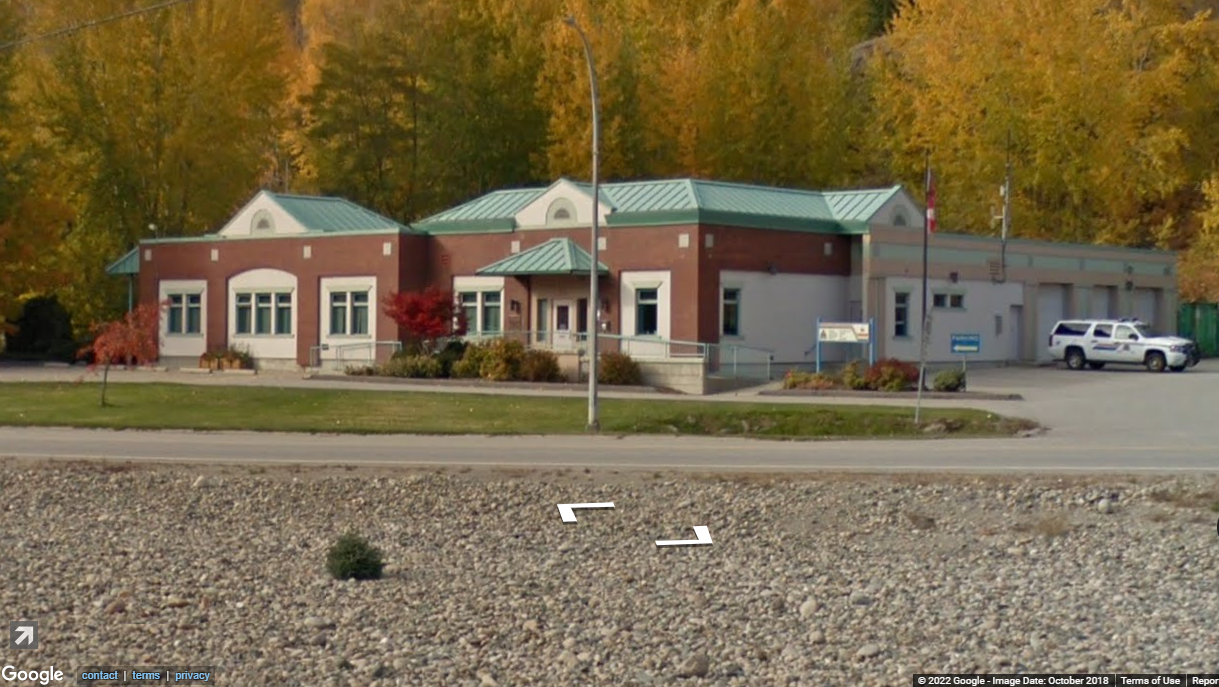A Trail councillor says the RCMP’s long-term disability program is contributing to staffing shortages locally and elsewhere.
Nick Cashol, a retired member of the local detachment, met recently with Sgt. Mike Wicentowich to discuss service levels.
Cashol said Greater Trail is supposed to have 22 officers, but of the 18 general-duty members, they are down to eight plus two who are only doing administrative work.
“This is burdensome not only to Sgt. Wicentowich but for those members who do show up,” Cashol said. “It’s giving them a tremendous extra workload.”
Cashol said the good news is two new recruits are on the way, one of whom starts this week, and another who will arrive soon.
He said long-term disability is contributing to the staffing issue.
“There is no cut off. Members can stay on medical leave indefinitely, and that includes up to several years.”
Cashol introduced a notice of motion that council write to RCMP brass, “and share that frustration, saying ‘We want you to fix this long-term indefinite medical leave program. Make it into something that’s more compatible and more like what other union contracts are following.’
“We’re tired of not being able to have our detachment up to full strength and we want to see this long-term disability situation rectified. I think we can speak for municipalities across the country.”
A director with the RCMP’s bargaining unit said long-term disability is something they would like the federal government to address with additional funding.
Robert Farrer, who represents the Pacific/North region, said in an interview that staffing crunches are not unique to any specific area or to the RCMP.
“One of our asks in the federal budget submission this year is an expansion of the RCMP’s disability management accommodation program,” he said. “We’ve asked for more funding for that to expand the internal health services and make sure people get the help they need to get back to work.”
Farrer said the average police officers deals with numerous traumatic events over the course of a career and “that stuff takes its toll.” Add to that the fact that RCMP members are often transferred every few years, making it challenging for them to continue to find a new doctor each time.
“You end up without the same primary care a lot of people have. That exacerbates the problem. Trying to find psychologists along with [treating] physical ailments is a more expansive challenge.”
Farrer said they were happy to see the BC government kick in another $230 million over the next three years for policing, which should go some way to fill vacancies. But they hope the feds will also provide more money to allow for the hiring of additional psychologists and case managers to get people back to work more quickly.




